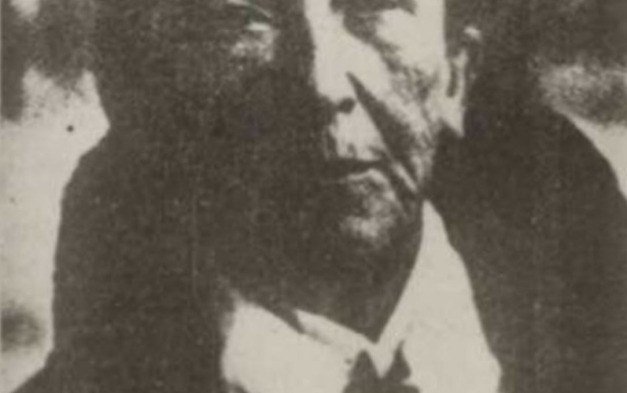Pati Kremer
Pati Kremer (1865–1943) – politinės veikėja, kovotoja už darbininkų teises.
Gimė Kaune kaip Matlė Srednicki, vėliau šeima persikėlė į Vilnių ir mergina augo pasiturinčioje pirklio šeimoje. Vienas atsitikimas paauglystėje jai atvėrė akis: Srednickių namuose apsilankydavo neturtinga žydė, kuri atnešdavo produktų pardavimui. Kartais moteris atsinešdavo dukters rašytus laiškus ir paprašydavo penkiolikmetės P. Kremer juos perskaityti. Mergina kartą paklausė, kodėl moteris nepaprašo kitų savo vaikų to padaryti. Neturtinga moteris nusijuokusi atsakė: „Matlele, negi tu visai kvailutė, pundelis parduotų raugintų kopūstų neatneša pakankamai pinigų nei išleisti vaikų į gimnaziją, nei pasamdyti melamedą, kuris juos išmokytų bent jau raidžių.“
P. Kremer turėdama gerą išsilavinimą nusprendė pati imtis šios moters dukrų mokymo. Merginos dirbo gamykloje, todėl P. Kremer susipažino ir su jų draugėmis bei ėmėsi mokyti ir kitas darbininkes merginas. Bendraudama su jomis P. Kremer nemažai sužinojo apie darbininkų problemas ir visą likusį gyvenimą aktyviai dalyvavo politinėje veikloje kovojant už jų teises, tikėdama išsilavinimo svarba jų siekiant. P. Kremer prisidėjo prie vienos populiariausių žydų partijų – Bund steigimo, netgi buvo vadinama Bund’o motina ir nors ji nebuvo partijos ideologė, tačiau kolegos pabrėžė didžiulę jos įtaką partijos veiklai. Prasidėjus Antrajam pasauliniam karui, P. Kremer buvo įkalinta Vilniaus gete, ir nors buvo perkopusi septintą dešimtį, tapo pogrindinio bundistų ratelio siela. Pati Kremer gete išgyveno visą jo gyvavimo laikotarpį, bet buvo nužudyta jo likvidacijos metu.
Pati Kremer (1865-1943) was a political activist and fighter for workers' rights.
Born in Kaunas as Matle Srednicki, her family later moved to Vilnius and she grew up in a wealthy merchant's family. One incident in her adolescence opened her eyes: a poor Jewish woman used to visit the Srednicki home, bringing produce to sell. Sometimes the woman would bring letters written by her daughter and ask the fifteen-year-old Kremer to read them. The girl once asked why the woman did not ask her other children to do so. The poor woman laughed and said: "Oh, you silly Matlele, selling a little bit of sauerkraut is not enough to send your children to gymnasium and not even enough to be able to pay melamed, who could teach the children letters."
Kremer had a good education and decided to teach the woman‘s children herself. These girls worked in factories, which allowed Kremer to meet their friends and she started to teach other workers as well. This acquaintance led Kremer to learning more about the problems of workers and paved the path for her future – she spent the rest of her life as a political activist fighting for the rights of the workers, believing that education was crucial to improve their situation. Being one of the founders of the Bund – the leading Jewish party Kremer was even nicknamed „the mother of the Bund“. Although she wasn‘t an ideologist of the party, her colleagues stressed the importance of her input to the activities and impact of the party.
During the Holocaust Kremer was imprisoned in the Vilna Ghetto and although she was already in her eighties, she became the soul of the underground bundist circle. Kremer lived in the ghetto to the last day of its existence and was sent to death during the liquidation
